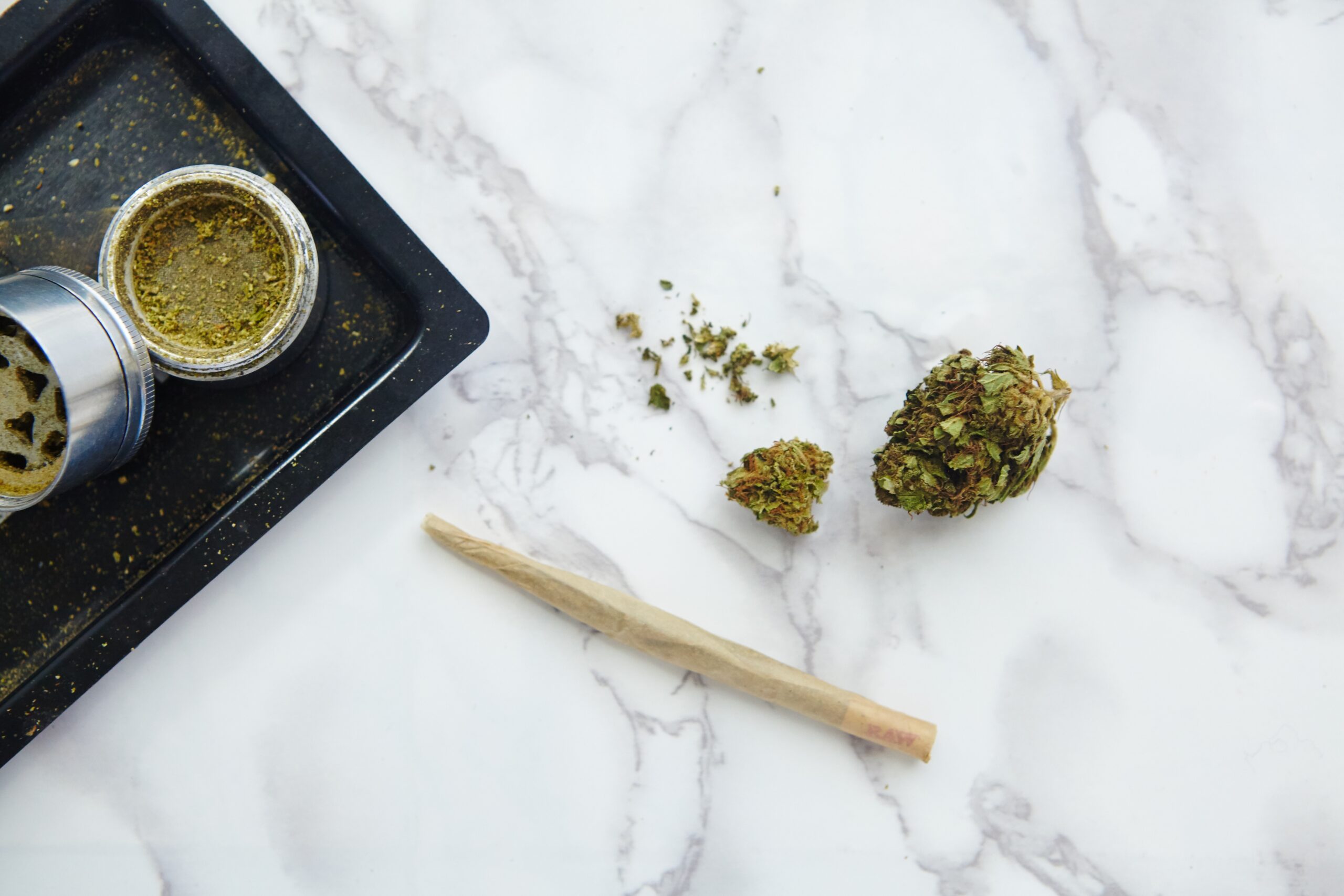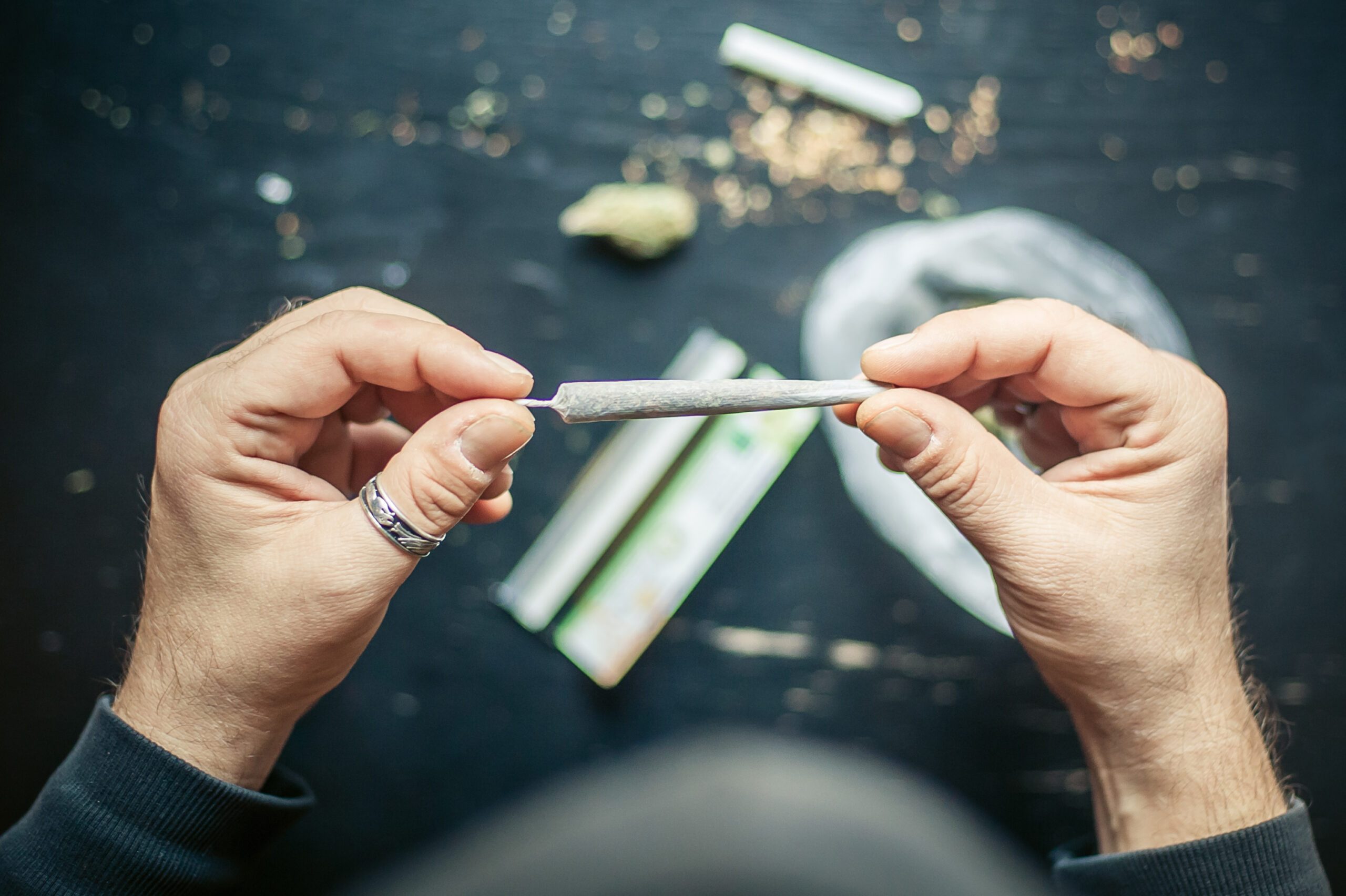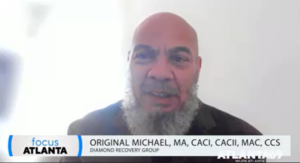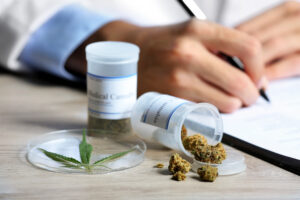What is a Gateway Drug?
Is marijuana a gateway drug? The term ‘gateway drug’ was first coined by medical sociologist and epidemiologist, Dr. Denise Kandel more than 40 years ago. It all began in the early 70s when the National Institute on Drug Abuse (NIDA) gave Dr. Kandel a grant to study the possibility that marijuana use was leading some people to move onto harder drugs.
The term gateway drug refers to substances people are more likely to try first and in their earlier, more impressionable years between 9-16 years old or so. The idea is that people who try substances that are legal, and/or perceived as less dangerous are more apt to pick up stronger drugs like opioids, cocaine or methamphetamines eventually.
While her research was meant to focus on marijuana, Dr. Kandel took a broader view and decided to look at multiple substances to identify patterns in how addictive behaviors developed. One of the conclusions of her research was that most users of so-called “hard” drugs like heroin and cocaine, began with tobacco and alcohol, then moved on to marijuana and from there some experimented with other drugs.
The primary ‘gateway drugs’ include:
- Tobacco
- Alcohol
- Marijuana
The Controversy Around Marijuana’s Status as a Gateway Drug
The gateway drug idea is not without its share of controversy. The fundamental flaw in the idea is that there are far too many variables that cannot be controlled. How do we know that people who were more likely to use hard drugs eventually anyway are not also more likely to begin with ‘soft drugs’ like marijuana, for example?
There is no foolproof way to determine that it was the use of tobacco, alcohol or marijuana that caused them to move onto stronger drugs. There’s also no sure way to know that preventing these same people from experimenting with so-called gateway drugs in the first place would prevent those people from using hard drugs eventually.
Why is Marijuana Singled Out?
So why is marijuana so often singled out as the gateway drug? Well, we do know that people who use so-called hard drugs nearly always begin first with these gateway substances, namely tobacco, alcohol and marijuana. Marijuana is the only one of those that’s illegal at the federal level. That may play a role in why marijuana has been so often labeled as the ‘gateway drug’.
People who claim marijuana is a gateway drug often point to the fact that tens of millions of Americans use tobacco and alcohol and most of the ones who do, do not go on to use hard drugs regularly. Whereas [they say] people who use marijuana are more likely to use harder drugs later.
But is that true? At least one study conducted by the Rand Corporation suggests that it isn’t. So, the case that marijuana use can somehow cause hard drug use is thin at best. It may simply be that people who aren’t deterred by marijuana’s legal status are also more likely to try other, more dangerous drugs. The popularity of marijuana alone could also explain why most people who use drugs like heroin or cocaine often try marijuana first.
So, Is Marijuana A Gateway Drug or Not?
The entire idea of gateway drugs is still controversial. No one can say with any certainty that marijuana use increases the likelihood that one specific individual will pick up stronger drugs like cocaine or heroin eventually. However, we do know that very few people begin their drug use with these harder drugs. The overwhelming majority of people who use harder drugs like heroin, cocaine or methamphetamines do not begin with drugs in that category. Nearly all of them use tobacco, alcohol and marijuana first.
So, yes, marijuana is a gateway drug in that it meets the criteria for a “gateway drug”. But, what if asking if marijuana is a gateway drug is the wrong question to ask in the first place? A better question might be, does using marijuana alone increase the likelihood that someone will use harder drugs later? The answer is maybe. According to research conducted by the National Institute on Drug Abuse, rats exposed to marijuana early in life were more vulnerable to addiction to other substances due to a phenomenon known as cross-sensitization.
There are simply too many variables to control for to conclusively determine that marijuana use by itself significantly changes the odds of harder drug use. The fact that marijuana is a gateway drug isn’t as meaningful perhaps when the premise of “gateway drugs” is in called into question. Yes, people who use “harder” drugs are more likely than not to have tried marijuana first, but that doesn’t mean marijuana led them to heroin or meth. In other words, correlation does not equal causation.
Is Marijuana Harmless Then?
While marijuana use lacks the severe physical withdrawal symptoms and cravings associated with drugs like heroin, benzodiazepines or even alcohol, that doesn’t make it harmless. The reality is that some people are able to use marijuana in moderation and it causes minimal disruption in their lives, just as some people are able to drink alcohol responsibly.
However, marijuana addiction is real. Millions of people have developed a powerful enough psychological dependency on cannabis that it causes them significant difficulty. People do go to treatment for marijuana dependence. The fact that marijuana today is exponentially more potent than the stuff people were smoking just a generation ago only compounds the issue.
Some consequences of habitual marijuana use include:
- Bronchitis and lung diseases, including lung cancer.
- Decrease in testosterone in men
- Decrease in LH (lutenizing hormone) in women
Marijuana is far from harmless and marijuana use is not appropriate for for anyone in recovery or who has struggled with an addiction to any other substance in the past. Forget any notions that swapping your “drug of choice” for marijuana is somehow and easier, softer way out of addiction. It’s really just trading one addiction for another.
Final Thoughts on Marijuana
The bottom line with marijuana is that we don’t know for certain if marijuana use by itself increases the likelihood of a person advancing to ‘hard drugs’. Research does suggest that using marijuana during a developmental age period like adolescence may make people more vulnerable to addiction later in life due to cross-sensitization.
Ultimately the decision is up to the individual, but using any intoxicant, even ‘resposibly’ prior to adulthood is ill-advised for a number of reasons. The last time you want to introduce chemicals that affect the brain into your body is when your brain is still growing and developing. Marijuana appears to be less harmful than many other drugs of abuse, but it is a long way from harmless.
Diamond Recovery is Raising Awareness
At Diamond Recovery we are on a mission to inform people about addiction and raise awareness about options for treatment and recovery.
If you or someone you love could benefit from treatment for a substance use disorder or you just have questions about Diamond Recovery and what we do, please give us a call at (844) 909-2525.






